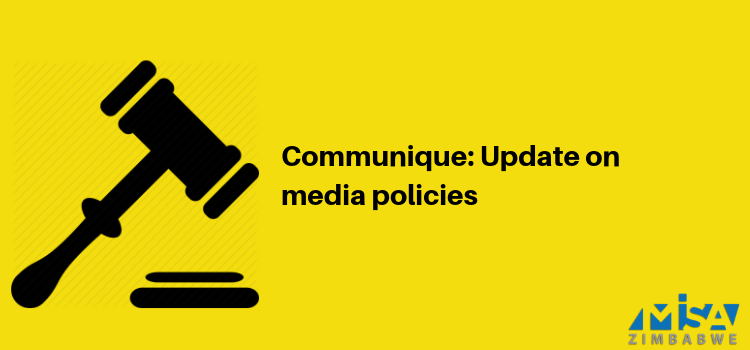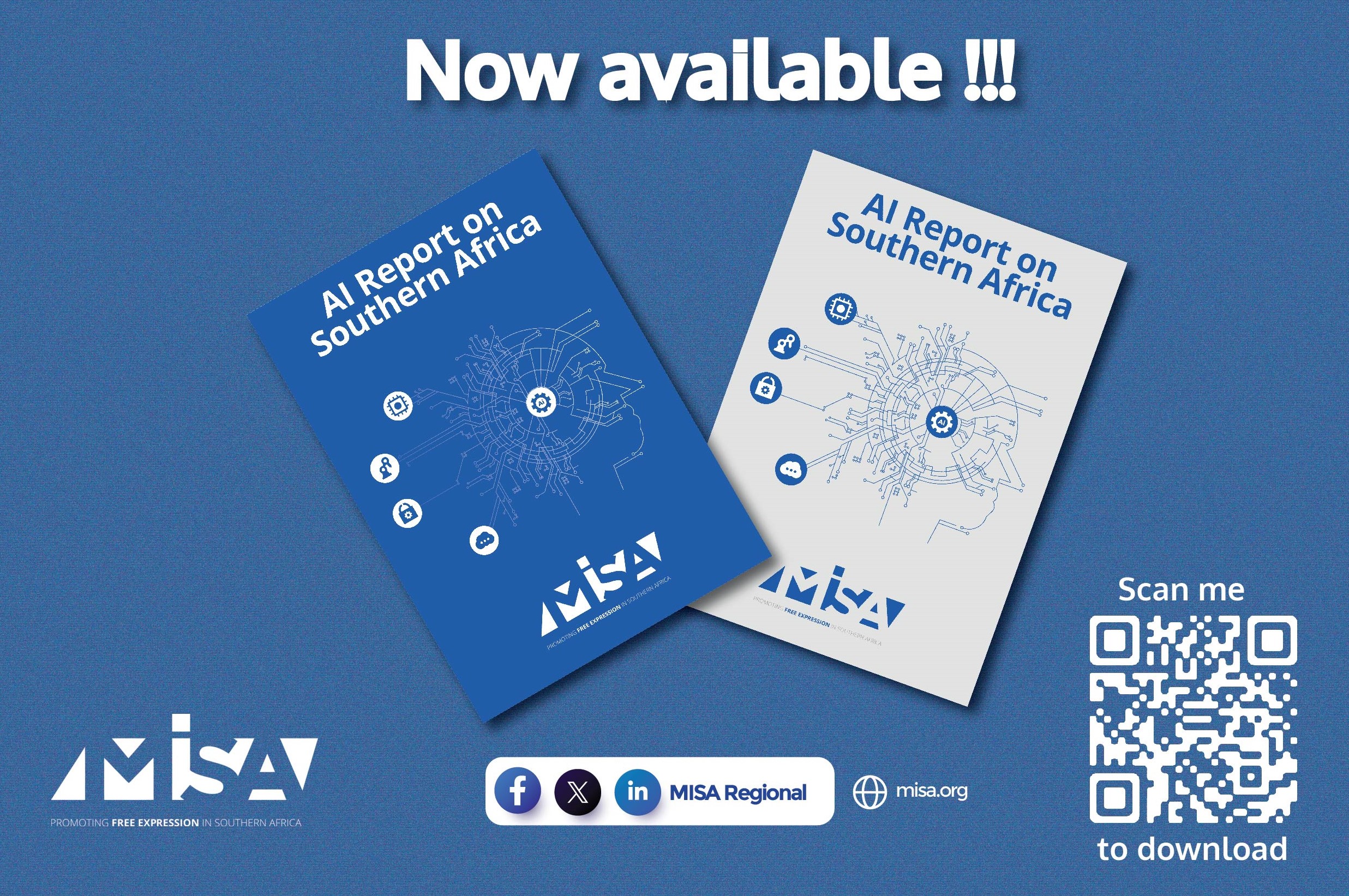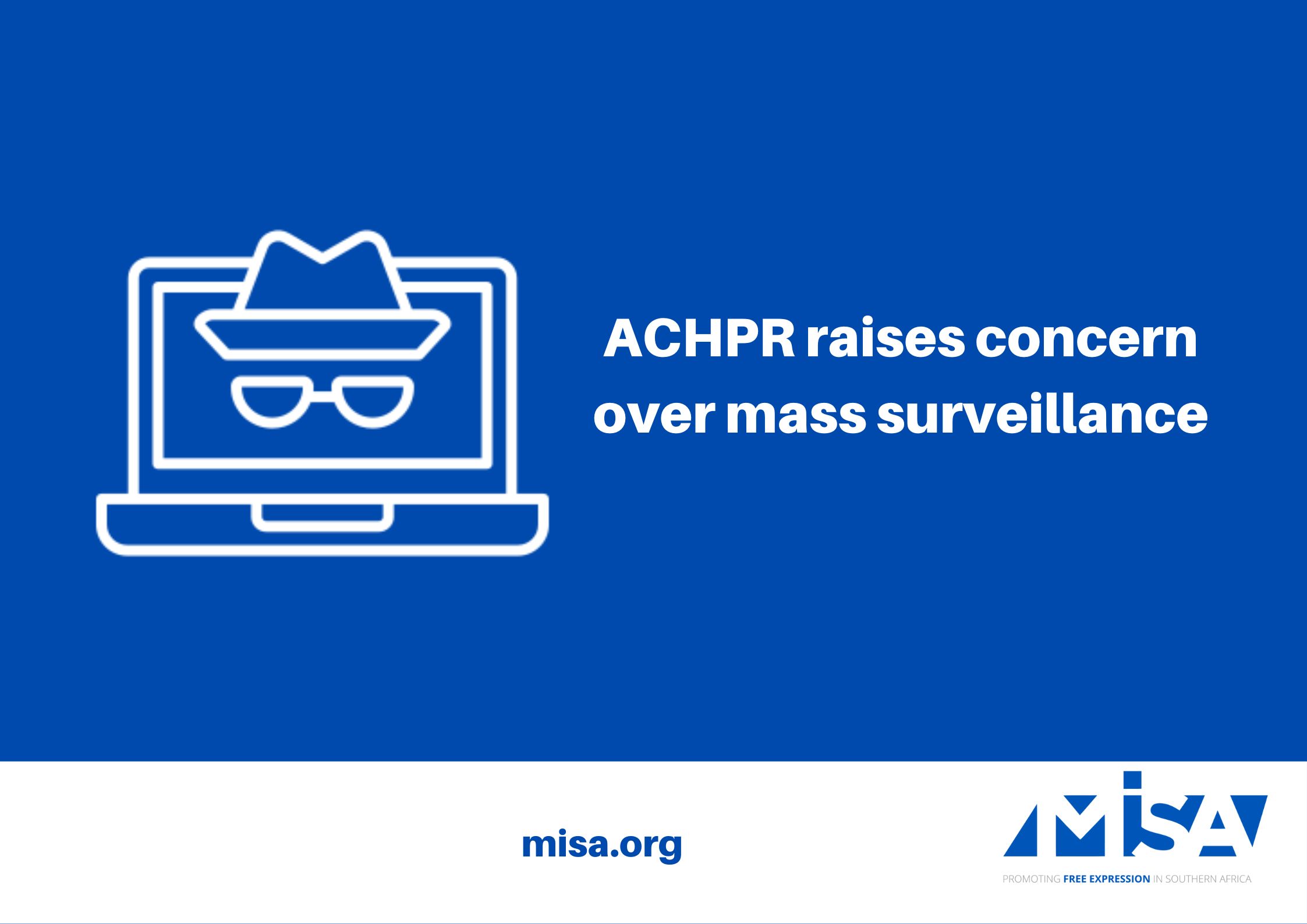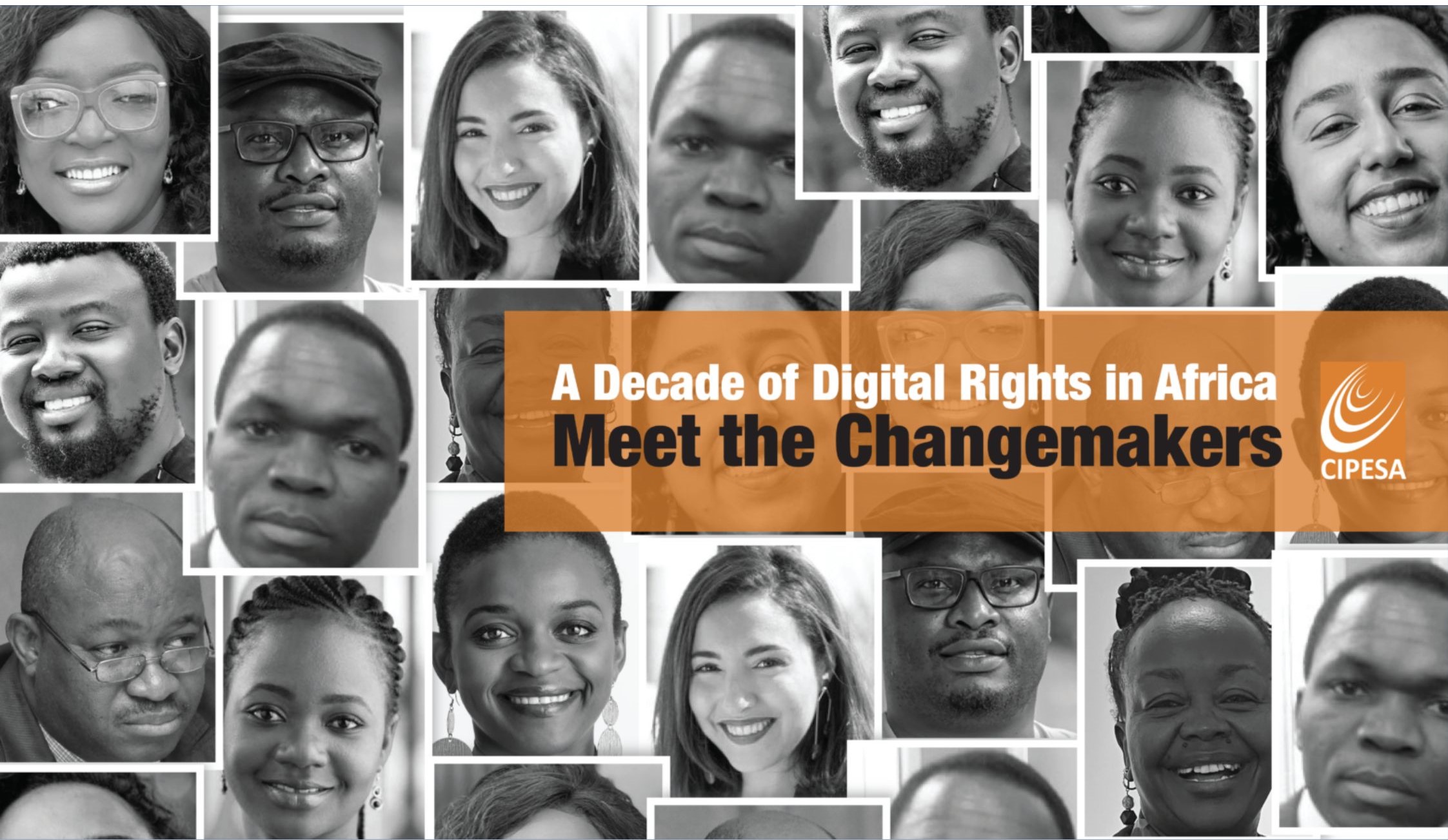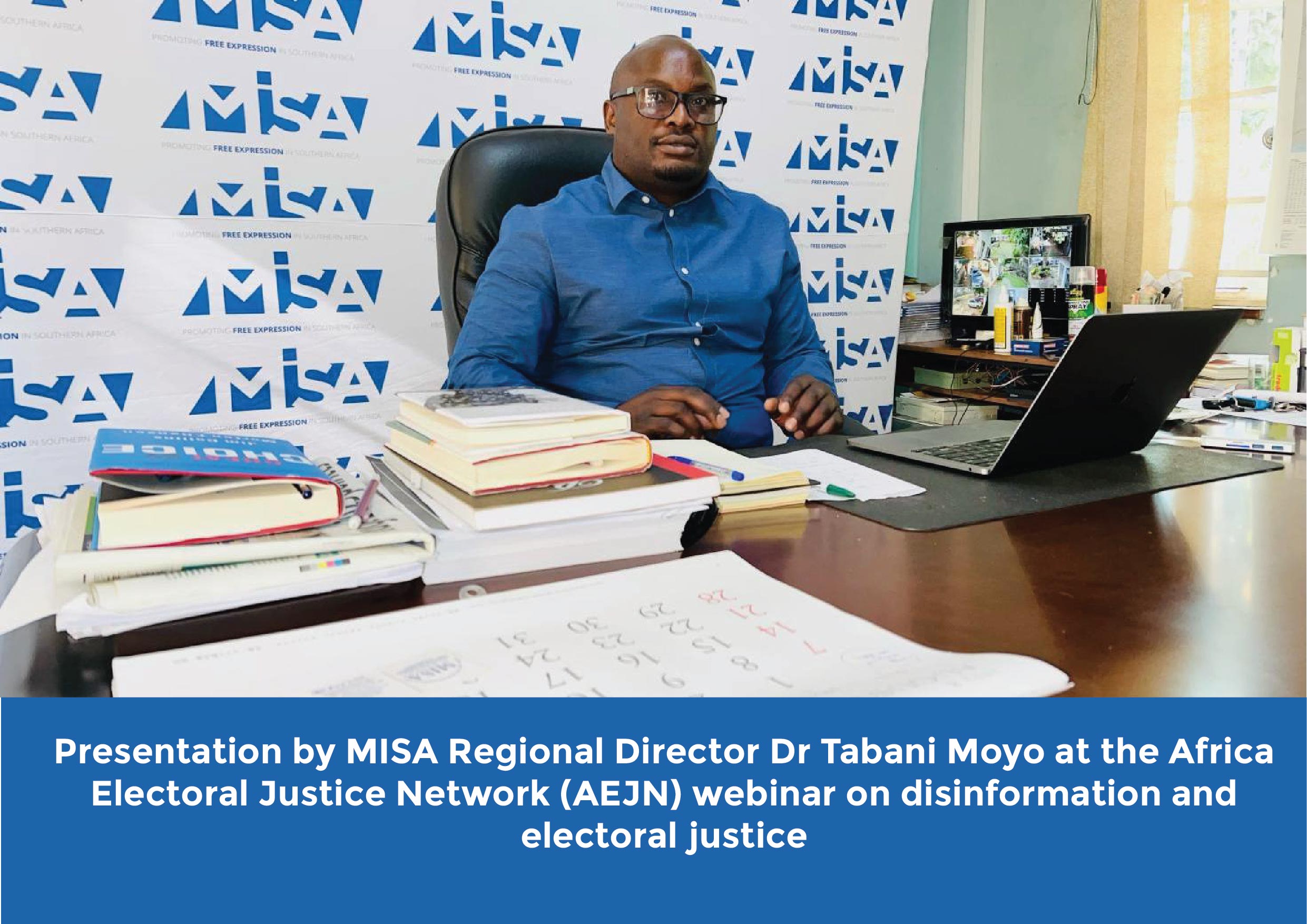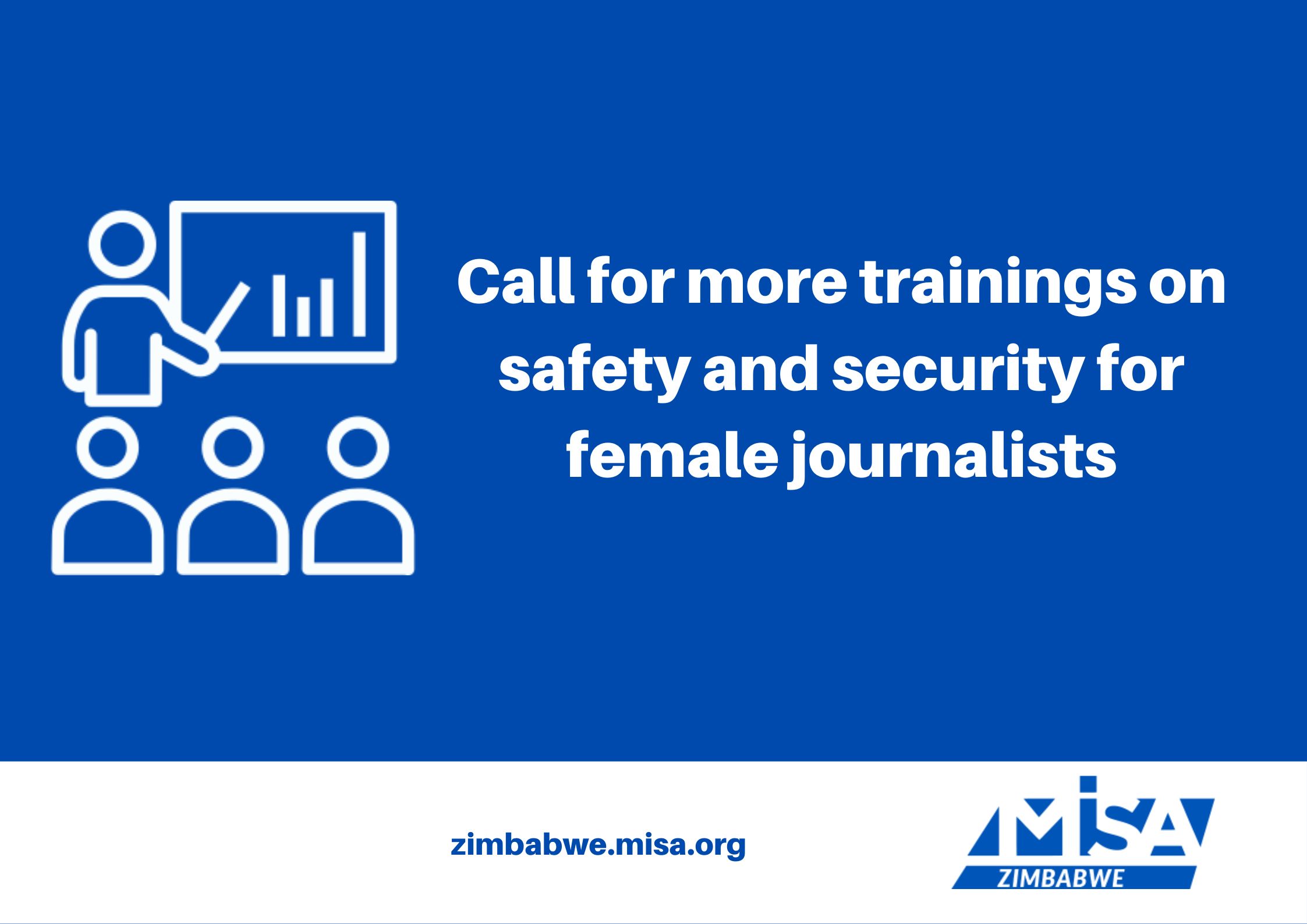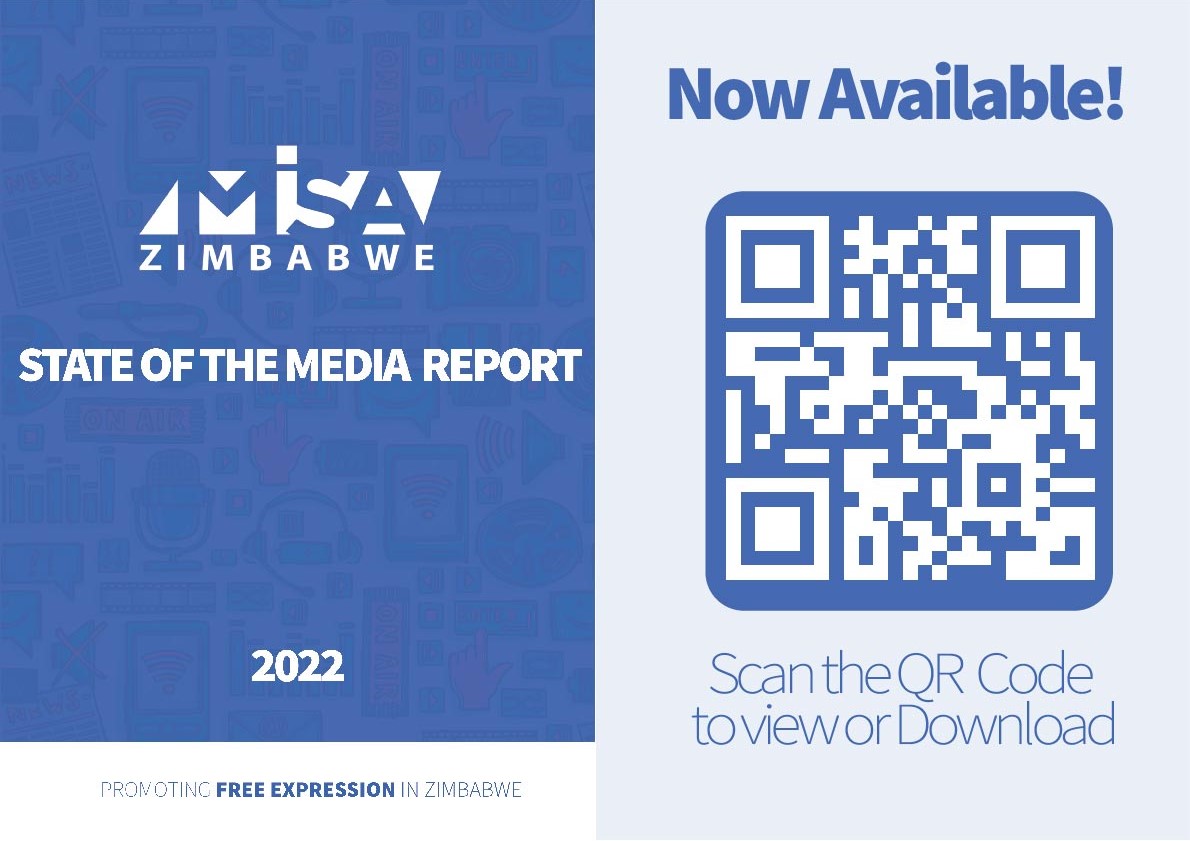During a plenary session on the second day of the Multi-Stakeholder consultative workshop on the realignment of media laws in Zimbabwe held on the 7th and 8th of December 2018, Nick Mangwana the Permanent Secretary in the Ministry of Information, Publicity, and Broadcasting made a number of revelations on how government intends to move forward with media policies in Zimbabwe.
BAZ and POTRAZ Merger
The first point of interest was the suggestion that the merger of the Broadcasting Authority of Zimbabwe (BAZ) and the Postal and Telecommunications Authority of Zimbabwe (POTRAZ) be effected during the amendment of the Broadcasting Services Act.
The Broadcasting Authority of Zimbabwe is currently established and regulated in terms of the Broadcasting Services Act. This Act also caters for the licensing of broadcasting services along with the distribution of the frequency spectrum used in broadcasting. POTRAZ is currently established and regulated by the Postal and Telecommunications Act.
MISA Zimbabwe respectfully suggests that from a legal drafting perspective it would be much neater to draft a completely new Act that establishes the merged entity and then make the requisite amendments to the BSA and the Postal and Telecommunications Act.
Licensing of community radio stations
Mangwana indicated that government through the Broadcasting Authority of Zimbabwe intends to license an estimated ten state owned community radio stations during the course of this fiscal year. He indicated that government had already set aside the necessary financial resources to license community radio stations. He further indicated held that only an initial ten community radio stations would be licensed due to limited frequency spectrum.
At this point, there is still no clarification on how these community radio stations will be distributed across the country. There were also no indications on the identity of the entities that will run the licensed community radio stations, serve to say that they will be state sponsored stations.
MISA Zimbabwe is worried about this pronouncement. The government should not be in any ways preferring to establish community radio stations. It is MISA Zimbabwe’s respectful opinion that the State has a role to level the playing field and regulate the industry rather than establishing radio stations, especially when there are already existing initiatives that are eagerly waiting for BAZ to invite them for licensing.
It was equally disturbing to note that the government intends to establish its own community radio stations, when the spirit of the law making process seeks to establish the guidelines and operations of
the BAZ and regulations. MISA Zimbabwe holds that the process of law reform should be undertaken with purity of intentions towards the realisation of the liberalisation of the airwaves and democratic regulation of the industry.
The government position that they are only going to licence state owned community radio stations because of the limited spectrum at the government’s position is misleading. The digital migration process is opening up the spectrum to cater for a three tier broadcasting system, which is in line with both regional and international best practises.
MISA Zimbabwe is also aware of the fact that for example, six frequencies from the digital migration dividend the Zimbabwe Broadcasting Cooperation (ZBC). This is irrespective of the fact that ZBC is already struggling to fulfil content needs for the single frequency at its current disposal. Appearing before the Parliamentary Portfolio Committee on Media, Information and Broadcasting Services on the 18th of February 2016, the then Permanent Secretary, George Charamba revealed that after digital migration process will bring about forty two new Television channels if it is Standard Definition (SD), which can be reduced to twelve if they come in High Definition (HD). Of these twelve, Charamba had revealed that six would go to ZBC. MISA Zimbabwe hopes that we are breaking with such thinking of the past.
Foreign ownership of local broadcasting services
Mangwana also indicated that foreign ownership in local media enterprises would be limited to a maximum 20% stake. This restriction on foreign shareholding, according to him, is an attempt to limit foreign ownership of broadcasting services that take up the frequency spectrum, a local finite resource.
MISA Zimbabwe respectfully contends that this restriction is too strict and will effectively make bar independent players intending to go into broadcasting due to financial restrictions. This will definitely affect the growth of the broadcasting industry, which by its design is a capital-intensive industry. In essence, it entails that the broadcasting industry is closed for business.
Silence on content generation law
Linked to the afforested issues the conference was muted on the much-needed considerations towards formulation of the content generation law which feeds to the national and global processes of digital migration and internet growth. The discussions around content generation legislations should be tied to the review and repeal of the ZBC Commercialisation Act, which is seemingly misplaced due to the developments in the industry and the evolving tastes of the broadcasting audiences.
Conclusion
The review of the media, expression, and access to information laws is a historical moment, which must be done wholeheartedly and comprehensively through absorption of the multiple stakeholders’ contribution and propositions. In boldly pronouncing itself on government’s intent to licence its own community radio stations and restrictions on investment into the industry, the ministry runs the risk of emerging as if it is on the public relations drive with the intention of sending message of change to the international community while preserving the status quo in practice.




